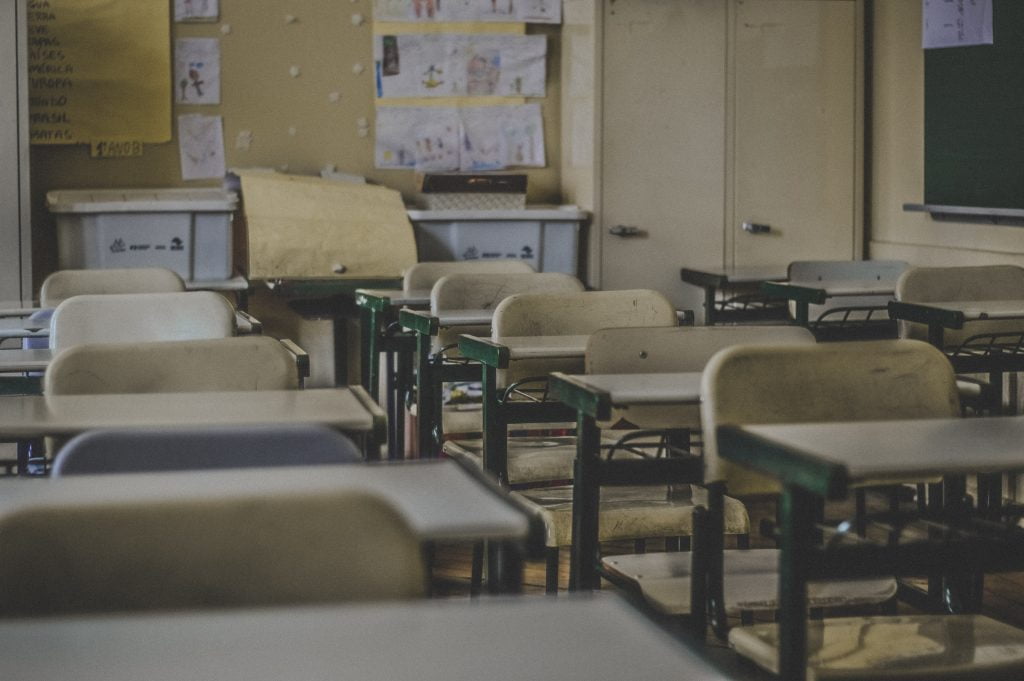“Adverse childhood experiences, which is defined by different forms of abuse, neglect, and household dysfunction occurring before the age of 18 years, is a major public health problem in the United States that has the potential to worsen in the current COVID-19 pandemic” (Bryant, Oo, & Damian, 2020).
I have spent the majority of my professional life as an educator, both as a classroom teacher and school principal. Grateful to have changed roles just months before the pandemic struck, I am now on the frontlines of prevention. In my new role at the Beau Biden Foundation for the Protection of Children, I am keenly aware that a response to children in crisis is challenging but when the crisis is a community trauma, it can feel insurmountable.
With families facing struggles they have never experienced or even imagined, child abuse and neglect are appearing in households where it never otherwise existed. And although calls to abuse hotlines are down across the country, emergency rooms are seeing a sharp increase in children with very severe or near-death injuries due to abuse. We can no longer ignore the scope of the trauma from the pandemic.
As governments transition out of shelter-in-place orders, and schools work toward returning to the physical setting, working with children who have ongoing trauma and grief caused by the pandemic will not be an easy task. Schools cannot ignore the scope of the problem, but we must help schools to build, understand, and incorporate trauma-informed practices and responses into every daily activity to promote recovery and resiliency for all students. Educators need to be trained on what to say and what not to say to children experiencing trauma during this time of social distancing and isolation.
For example, if a student is experiencing trauma he or she could show signs of a high level of frustration and misbehave accordingly. A trauma-informed teacher working with this student would want to encourage the student to take a break from the task, encourage the student to self-regulate (through deep breathing strategies), reduce the stimulation around the student (perhaps giving a more private space), and/or adjust expectations for this task. If the teacher does not have trauma-informed strategies and involves too many adults, pushing expectations, or threaten with consequences, it may very well escalate the difficult behavior and the trauma continues for the child.
It is important to remember, a child’s response to trauma will present in different forms of behavior. Building resiliency will take time. Responding appropriately to those behaviors with trauma in mind will be key. Our response is critical- what we say (and what we don’t say) and how we act (and do not act) will make a difference.
Recognizing many children continue to suffer physical abuse, sexual abuse, and emotional maltreatment, along with a continued struggle for many parents to provide their children with essential needs, is a critical first step. The Beau Biden Foundation will provide information and other critical resources to help educators and other youth-serving professionals continue to serve children through their traumatic experiences.
We encourage educators to consider our accredited workshops, download our e-books, or email to talk to our team of experts about how you can help children experiencing trauma.

Online Workshop — Protecting Children in a Virtual Learning Environment
It is critical for teachers, mentors, and coaches to know how to recognize the signs of abuse and neglect both in-person and through virtual interaction. You can help protect children with our online abuse prevention workshops for educators and youth-serving professionals — Protecting Children in a Virtual Learning Environment. Register now at www.BeauBidenFoundation.org/Workshops.

Want to learn how to protect children from online predators?
There are 500,000 child predators online every day. Keeping tabs on a child’s digital life can be daunting. You can help protect children and combat predators online with the Beau Biden Foundation’s FREE series of eBooks. Download Now at www.BeauBidenFoundation.org/eBooks.
